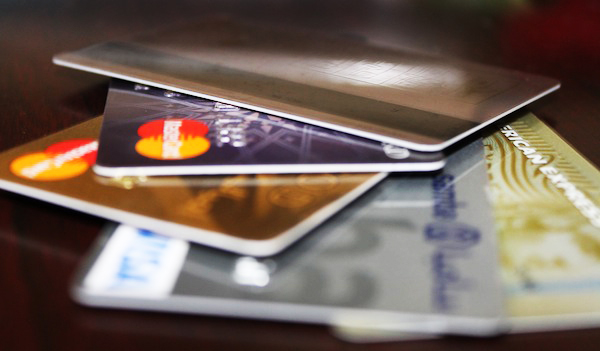Credit Cards & Loans
Brits use spare pandemic cash to pay off credit card debt

Credit card balances fell by 14.7% over the year to October, the largest annual contraction since the pandemic began, according to UK Finance.
October was the eighth successive month in which repayments outstripped borrowing, and the largest drop over a 12-month period since the pandemic began.
This could be attributed to people choosing to pay off debt or reduced usage of credit, and the reduction of large expenditure on items such as holidays due to the continued travel restrictions.
The volume and value of card transactions also fell in October compared to the previous month, as tougher Covid-19 measures were introduced.
There were 1.7 billion debit and credit card transactions in the UK in October 2020, a 0.4% decline from September and 3.6% lower than in October 2019.
These transactions amounted to a total spend of £64.2bn, which was 2.5% less than the previous month, but 4.9% higher than October 2019.
Contactless payments
Figures from UK Finance also show that the number of contactless transactions on debit and credit cards decreased in October as people’s spending behaviour changed due to social distancing restrictions.
The proportion of spending made using contactless cards also fell, as Covid-19 restrictions provided fewer opportunities for people to spend money in pubs, restaurants and on public transport.
More than four in 10 (41%) card transactions were contactless in October, compared to 44% the same month the previous year.
There was a total of 687 million contactless card transactions in October, 1.9% lower than in September and 9.8% lower than October 2019.
However, the total value of contactless transactions, at £8.1bn, was 15.8% higher than October 2019 as people had the opportunity to take advantage of the increased £45 payment limit.
Eric Leenders, managing director of personal finance at UK Finance, said: “October saw card spending decline in the UK as additional social distancing measures and Covid-19 restrictions were put in place across the country, reducing opportunities to spend on the high street and in pubs, bars and restaurants.
“Spending on contactless cards also fell as regional lockdowns came into force, restricting use of contactless across retail outlets. However, contactless remained popular for essential transactions, with consumers being able to make use of the increased £45 payment limit.
“Outstanding balances on credit card accounts fell for the eighth month in a row, reaching the largest drop over a twelve-month period since the pandemic began – indicating that more people were paying off debt, or fewer making use of credit.”
Laith Khalaf, financial analyst at AJ Bell, said: “One of the silver linings of the pandemic has been an opportunity for many people to use the enforced frugality of lockdown to reset their finances. As a result, credit card balances have been dropping like a stone and we can expect this trend to continue while we remain in lockdown.
“Paying off expensive credit card debt is precisely what consumers should be doing with the money they are saving in their monthly budget. Around half of credit card balances charge interest, and at an average rate of 17%, that’s a big monkey to get off your back if you can.”